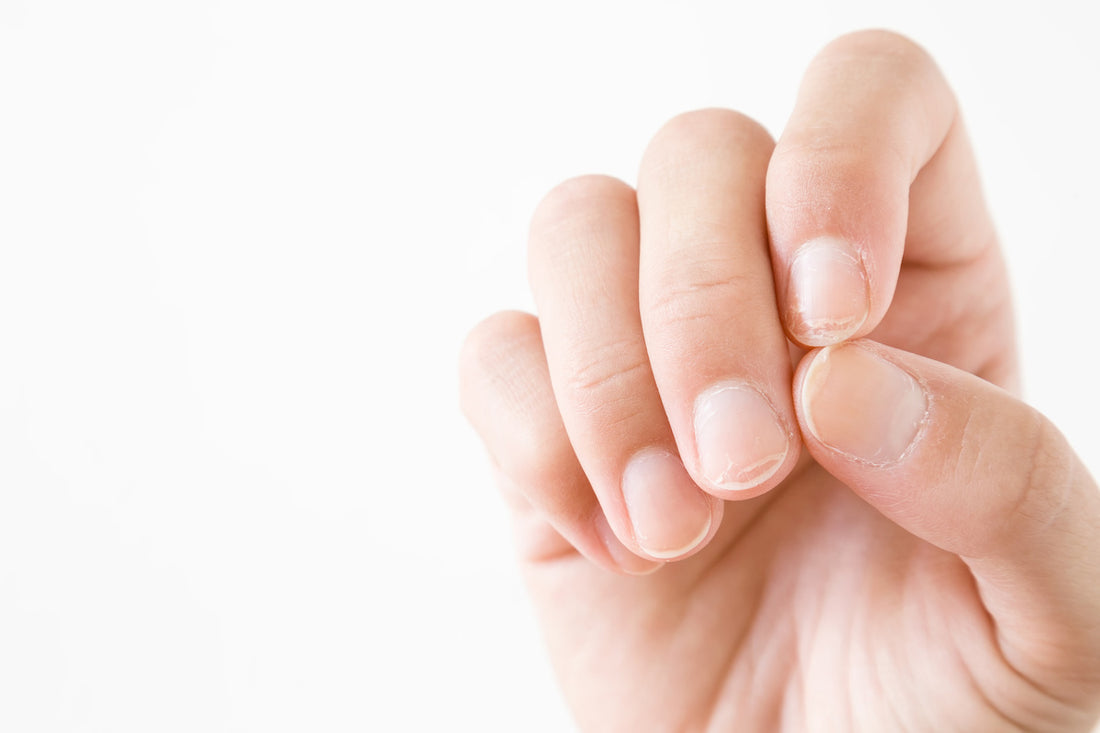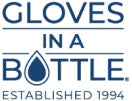
Do You Suffer From Cracks on Fingertips?
Share
The dreaded dry skin and cracks on fingertips. It’s always a painful and unsightly side effect of dry hands. But it doesn't have to be that way. Even though winter weather can sometimes make it a challenge to keep our hands moisturized, it can be done!
The Causes of Cracks on Fingertips
Most of us are aware that cracks on the fingertips are a result of extremely dry skin but what causes the skin to get so dry in the first place? Some people swear they put hand lotion on multiple times a day and still can’t keep their fingertips from cracking. What gives?
The fact is that there are so many causes of dry skin and without being aware of them, we are often oblivious to the fact that our day-to-day routines are actually causing our skin to crack. Here are some of the most common causes of cracked skin:
- Extreme weather
- Sunburn
- Harsh chemicals
- Frequent handwashing
- Prolonged contact with water
- Allergies
- Eczema
- Psoriasis
- Other underlying health conditions like exfoliative keratolysis1
If you find yourself suffering from any of these conditions, there are a few things you can do to protect the skin on your hands from cracking.
Wear Protective Gloves
Wearing protective gloves when using harsh chemicals or water can protect your skin from being irritated and becoming dry. While they may not be the most convenient solution, they do offer protection as long as you choose gloves that are made of materials that won’t further irritate your skin and you take care of your skin at the same time.
Use Effective Moisturizer
Using an effective moisturizer is definitely one of the best ways to protect and heal your skin but not all moisturizers are created equal. Some moisturizers offer artificial moisture and hydration which could result in your skin becoming even dryer over time. You need a moisturizer that will actively target the skin symptoms you are trying to prevent rather than just a generic moisturizer. Gloves In A Bottle Shielding Lotion, for instance, is a lotion that is suitable for all skin types but is designed for dry, cracked or irritated skin or skin that is prone to eczema or psoriasis. It creates a layer of defense on the top of your skin that prevents external irritants from getting into the deeper layers of the skin and drying it out or causing inflammation. This also helps to protect your hands from extreme weather that can further dry out the skin.
Wear SPF
Regardless of the season, wearing an SPF helps to protect your skin from the sun’s UV rays. The sun can damage and dry out our skin, even when it’s not a sunny day! Keep that in mind the next time your fingers are exposed to potential UV rays.
Assess Your Skin for Allergies
We can be allergic to all sorts of things which can cause our skin to feel dry, itchy, irritated and inflamed. The last thing you want is to be coming in contact with something you think is harmless when in fact it is actually adding to – or possibly even causing – your cracked skin. Doing a skin assessment can help to find areas of skin that might be irritated by external factors and can give you a clue as to things that might be aggravating any skin conditions. Because the hands come into contact with so many things each day, pay attention to any materials, ingredients or substances that might be causing an allergic reaction or resulting in contact dermatitis.
Protect and Heal Your Skin
Cracked fingertips might seem like a serious problem but if taken care of properly, they can be easily avoided. Cracked skin is extremely vulnerable to infection because bacteria and other unwanted irritants can easily enter the skin so finding a way to protect your damaged skin can prevent further skin complications. By using an effective moisturizer like a shielding lotion, by protecting your hands from the sun (Gloves In A Bottle is available with SPF), by wearing safe and protective gloves when coming in contact with harsh chemicals and by becoming aware of any potential allergies can all help to prevent and treat cracks on fingertips.
1 https://www.healthline.com/health/fingertips-peeling
